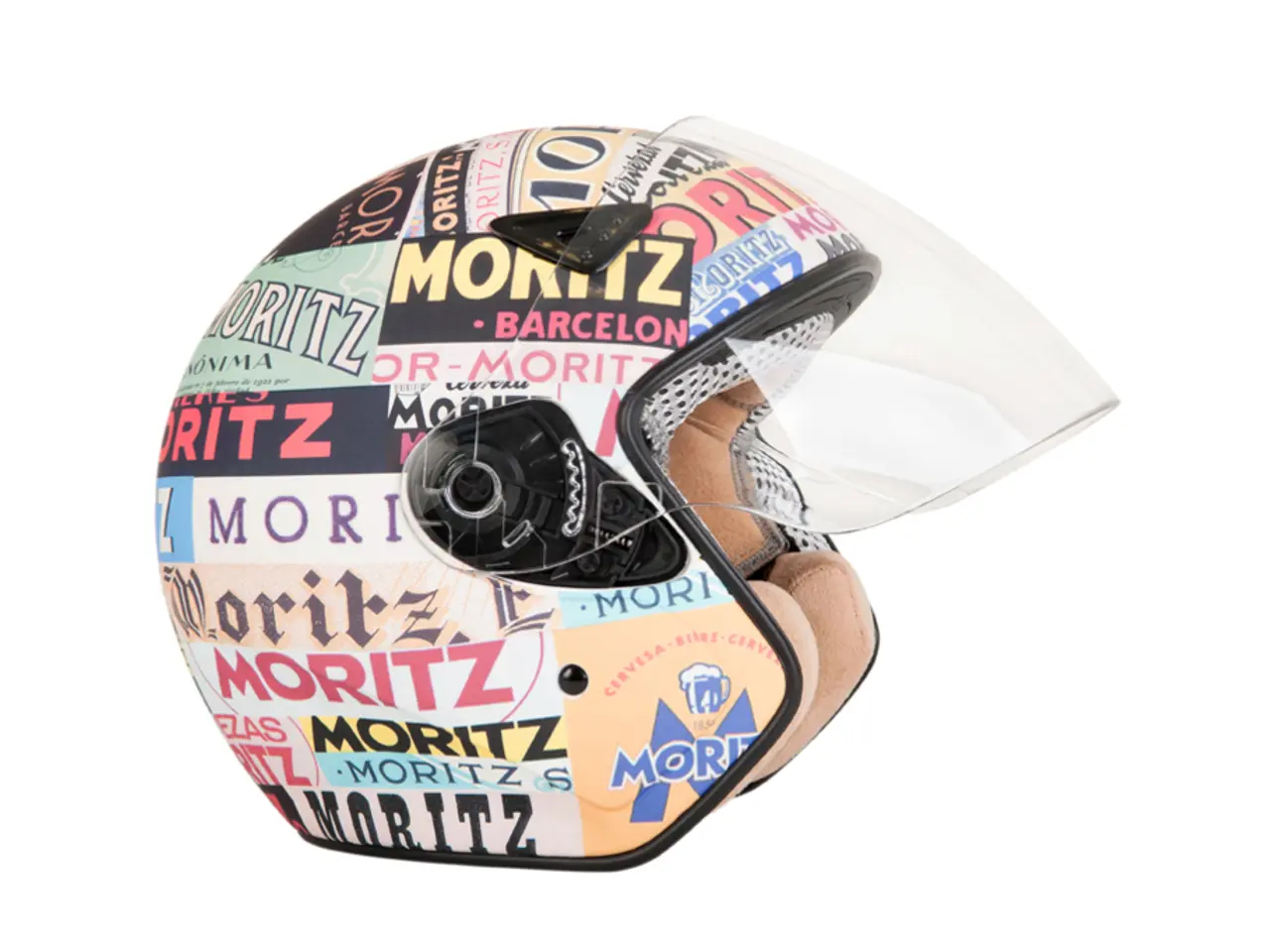A blow to the head can potentially lead to a seizure.
Concussions, a type of traumatic brain injury (TBI), can lead to various complications, one of which is the risk of seizures. Anyone who experiences a concussion should seek medical attention for an assessment, as symptoms may not be immediately apparent but can become serious over time.
To avoid injury, it's important to follow general safety tips such as wearing a seatbelt while driving, avoiding alcohol or drugs before driving, and removing hazards in the home that could cause falls.
Seizures that can occur after a concussion include early post-traumatic seizures (within one week of injury) and post-traumatic epilepsy, which develops later. These seizures can be classified as focal, focal with secondary generalization, or generalized.
Focal seizures originate in one area of the brain, often related to injury in the frontal or temporal lobes. Symptoms may include involuntary movements like shaking, chewing, or stiffening, and the person may appear dazed and confused.
Focal seizures with secondary generalization start in a localized area but spread to involve the whole brain. Generalized seizures affect both sides of the brain from the onset.
Post-traumatic epilepsy often involves focal seizures related to damaged brain regions, especially the frontal and temporal lobes. About half of patients with post-traumatic epilepsy experience focal seizures with secondary generalization, about a quarter have strictly focal seizures, and the remainder have generalized seizures alone.
Symptoms of these seizures after a concussion include convulsions or convulsive activity (jerking movements), loss of consciousness, staring spells, confusion, and unusual behavioral changes such as agitation or restlessness.
If seizures occur after a concussion, it's crucial to seek immediate medical attention, as they may indicate serious brain injury or complications. It's essential to be aware that late post-traumatic seizures can occur even years after a person has a concussion.
Treatment for seizures after a concussion will depend on factors such as the presence of post-traumatic epilepsy and the symptoms caused by the concussion. There is currently no cure for epilepsy, but some people may experience long periods without seizures and can effectively manage their symptoms with medications.
Factors that increase the risk of someone experiencing a seizure or epilepsy include bleeding in the brain, brain tumors, lack of oxygen to the brain, and excessive alcohol or drug misuse. Wearing appropriate safety gear, helmets, and headgear for certain sports can help reduce the risk of head injuries that could lead to a concussion.
In summary, after a concussion, seizures can be focal, focal with secondary generalization, or generalized, with symptoms ranging from convulsions and loss of consciousness to changes in behavior and awareness. If you or someone you know experiences a seizure, it's crucial to seek immediate medical attention.
Read also:
- Challenging Lilly's dominance in the obesity drug market, five new oral medications are causing a stir. Orforglipron, Lilly's trademark drug, faces stiff competition.
- Bowel Cancer Stool Indications and Prognosis
- Foreign Labor Conditions Amid High Temperatures: An Overview
- Surviving Summer Heat Waves: Strategies for City Dwellers





